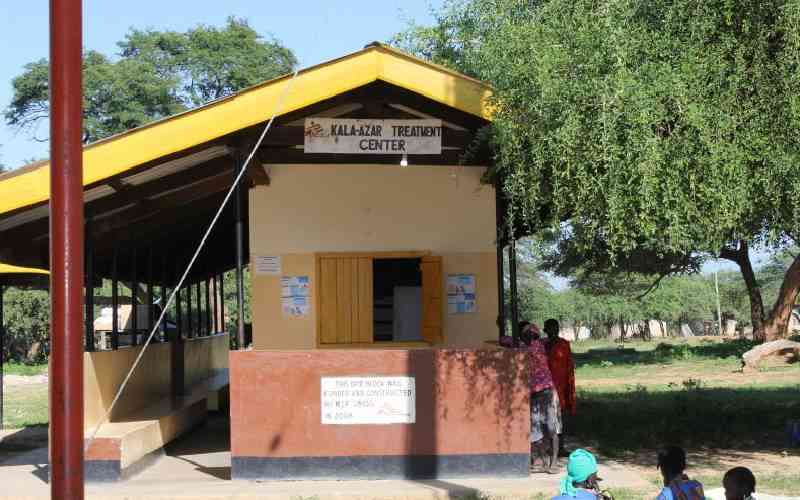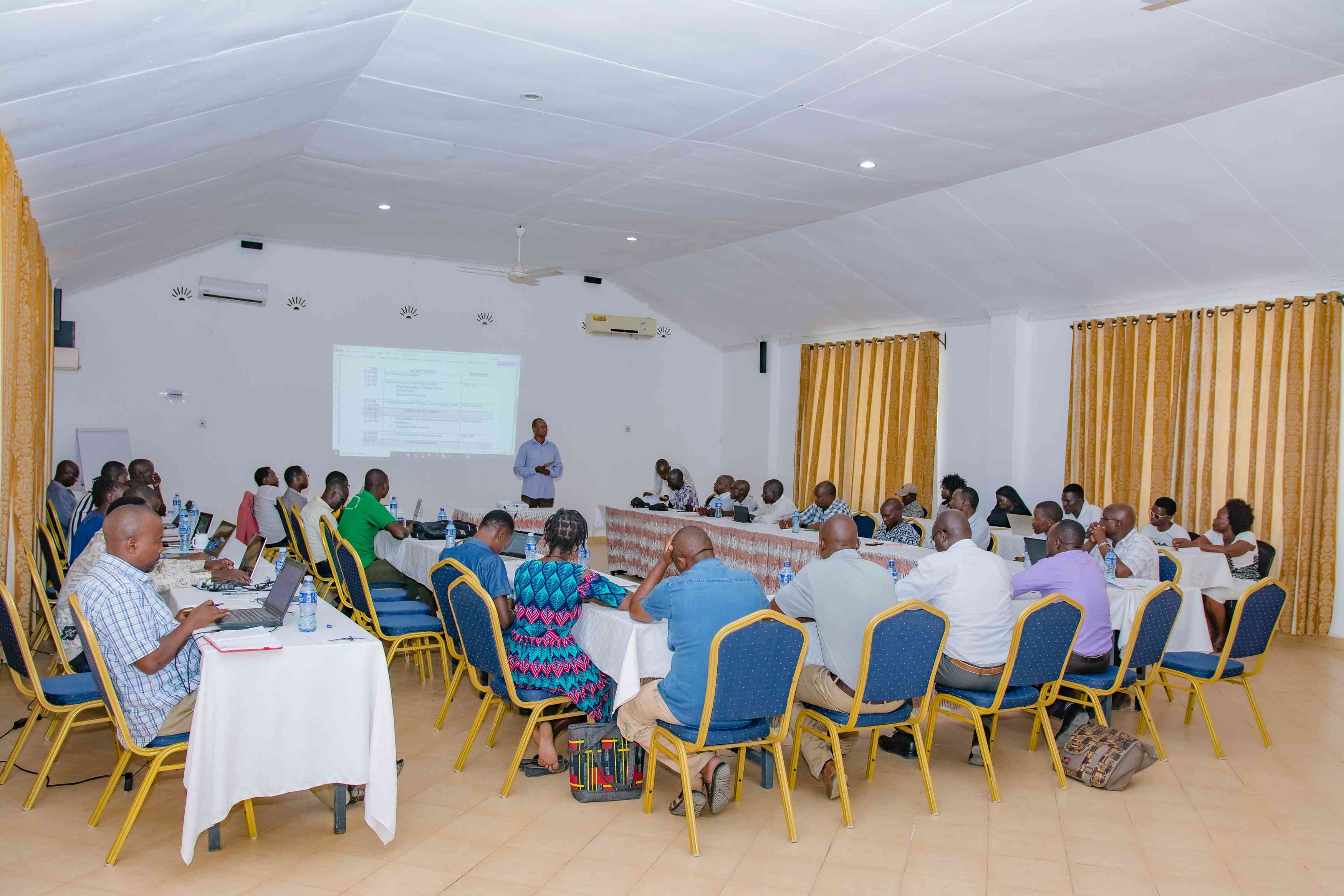Residents in the arid Turkana County are exposed to high risks of water borne diseases as majority of the population prefer relieving themselves in bushes. The situation has been compounded by customs and traditions, which the residents are still attached to, thus continually making them susceptible to diarrhea and cholera.
Among the Turkana community, it is abominable for a daughter in-law to share a latrine with her father-in-law forcing either party use the bush in relieving themselves. A walk along the shrub filled footpaths under scotching heat on the River Turkwell banks and other seasonal rivers is greeted with a reeking whiff of human waste, a scenario replicated almost in all the villages. The region is sandy and rocky making it hard for the locals to construct pit latrines.
Pastoral lifestyle and socio-cultural traditions have also been blamed for the poor latrine use among the pastoral Turkana community. Shockingly, a whopping 80 per cent of the entire rural population in the expansive county have never used a latrine in their lifetime and the situation was dire a decade ago when only two percent of the locals were using a latrine according to the county health department reports.
At the moment there is 21 per cent latrine coverage in the region. Michael Ewatom from Kanamkemer village admits to have never used a latrine to relieve himself since his birth 75 years ago.
“We have been socialised to always relieve ourselves in open ground. We are used to defecating in the nearby bushes especially along the river since the time we were born,” he notes.
He states that the sandy soil is very loose for a pit latrine to be sunk and several attempts have been futile as they usually collapse.
“We feel safer and more comfortable using bushes than latrines. Bushes to us are convenient and provide enough privacy than a latrine, which is usually made of twigs and grass which fall off when they dry,” he states.
Anna Ereng from Ameyan village, says that Turkana traditions have also encouraged open defecation especially in rural setups, where the population is largely pastoral.
“It is a taboo among the Turkana for daughter-in-law to use a latrine with her father-in-law. This has led families to prefer taking cover in the bushes other than constructing a latrine. It is common knowledge even if we are provided with a latrine, open defecation is still preferred because we are brought up in a society where the practice is very common,” she says.
Mrs Ereng adds; “A lot of advocacy on toilet use is still needed. And we thank the county government for rolling out a community-led total sanitation initiative to encourage use of latrines to relive oneself.”
She says that laws governing sanitation should be enhanced and adhered to as a way of discouraging open defecation.
However, County Preventive and Promotive Health Services Director Dr Namoru Ekitela told the Nairobian the county government has put in place deliberate attempts to encourage toilet use.
“A few years ago, out of the 1986 villages across Turkana County, only two per cent had a toilet but progress is being made after the county launched the community-led total sanitation in a bid to advocate for toilet use and educate the locals of the effects of open defecation,” said the director.
He disclosed that at the moment, the Health department has covered over 800 villages under the community-led total sanitation initiative and the locals are receptive of toilet use.
“Out of 1,986 villages, 420 have been declared Open Defecation Free (ODF) where all the families use a toilet to relive themselves. The toilets have water and soap to allow the users wash their hands after every visit,” he revealed.
He regretted that lack of toilet use has continuously exposed locals to water borne diseases such as diarrhoea and cholera.
“Diarrhoea is prevalent and last year we had a cholera outbreak which affected over 100 people. All this is attributed to poor sanitation in rural areas,” said Dr Ekitela.
 The Standard Group Plc is a
multi-media organization with investments in media platforms spanning newspaper
print operations, television, radio broadcasting, digital and online services. The
Standard Group is recognized as a leading multi-media house in Kenya with a key
influence in matters of national and international interest.
The Standard Group Plc is a
multi-media organization with investments in media platforms spanning newspaper
print operations, television, radio broadcasting, digital and online services. The
Standard Group is recognized as a leading multi-media house in Kenya with a key
influence in matters of national and international interest.
 The Standard Group Plc is a
multi-media organization with investments in media platforms spanning newspaper
print operations, television, radio broadcasting, digital and online services. The
Standard Group is recognized as a leading multi-media house in Kenya with a key
influence in matters of national and international interest.
The Standard Group Plc is a
multi-media organization with investments in media platforms spanning newspaper
print operations, television, radio broadcasting, digital and online services. The
Standard Group is recognized as a leading multi-media house in Kenya with a key
influence in matters of national and international interest.









